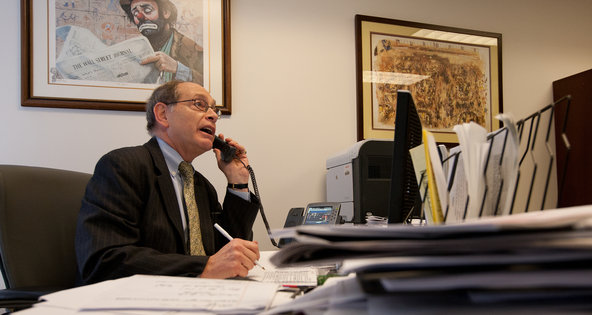In the lawsuit, filed on Tuesday at United States District Court in Los Angeles, Ticketmaster accused Joseph Shalom, a producer of live entertainment events in New York, of being the central figure in a coordinated series of attempts over the last two years to obtain large numbers of tickets and resell them at a profit.
According to the suit, Mr. Shalom and his associates used “bots,” or specialized computer programs, to bypass online features like Captchas — series of distorted letters or numbers — that test whether a potential ticket buyer is a person.
Ticketmaster, a division of Live Nation Entertainment, says Mr. Shalom and others linked to him used these systems to gain access to as many as 200,000 tickets a day ahead of the public, aiming for the most desirable tickets.The suit claimed Mr. Shalom and the others violated Ticketmaster’s terms of use, which prohibit bots and limit the number of tickets a customer may request in a single day. It also accuses them of committing several offenses as part of the ticket-buying process, including copyright infringement and the assumption of false identities.
Ticketmaster seeks unspecified damages in the suit and does not say how many tickets were bought by the 21 people. It also says the use of bots damages Ticketmaster’s reputation and harms the public.
As a result of the behavior outlined in the lawsuit, the company says, “the inventory of tickets available to consumers who do not use such devices is substantially diminished, which has led some consumers to question Ticketmaster’s ability to ensure a level playing field for the purchase of tickets.”
Bots have become a major source of consumer and industry complaints about the ticketing market. Consumers grow frustrated when concerts often sell out moments after tickets go on sale, and listings then appear for those tickets at inflated prices through online secondary markets like StubHub, owned by eBay, or TicketsNow, part of Live Nation.
The concert industry has also been frustrated at the difficulty of cracking down on the use of bots. Three years ago, federal authorities charged a group of men with using similar tactics to make $25 million in profit. But the men were sentenced to probation, which music executives say has not served as a deterrent. Concert promoters and others have said that the use of bots has become increasingly common, particularly for the most popular shows.
In a statement, Ticketmaster said: “We care about protecting fans and the integrity of our business. We are doing exactly what we have repeatedly said we do: stand up for the fans who use our site in the proper manner.”
Mr. Shalom did not respond to an e-mail requesting comment.
Article source: http://www.nytimes.com/2013/05/02/business/media/ticketmaster-targets-scalpers-in-federal-lawsuit.html?partner=rss&emc=rss


